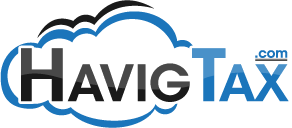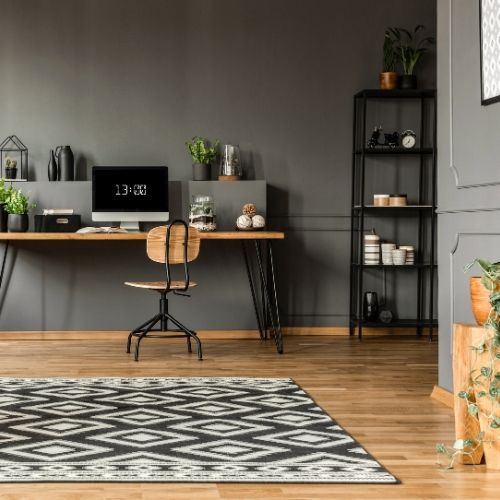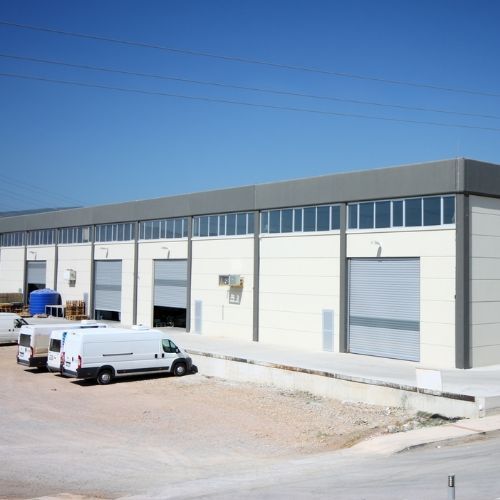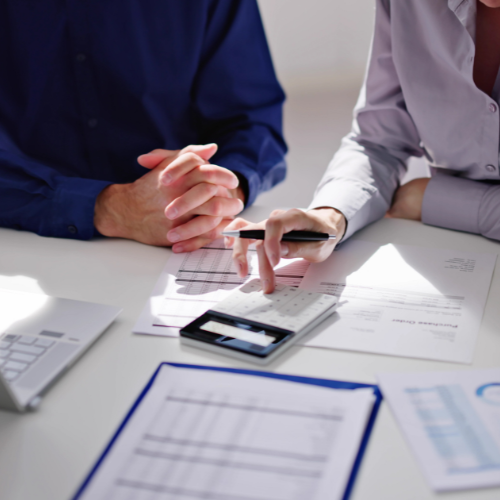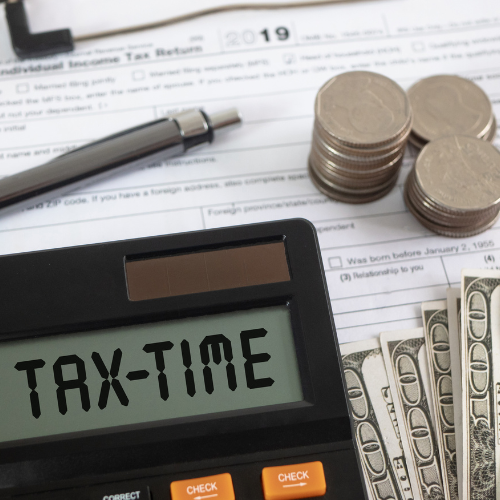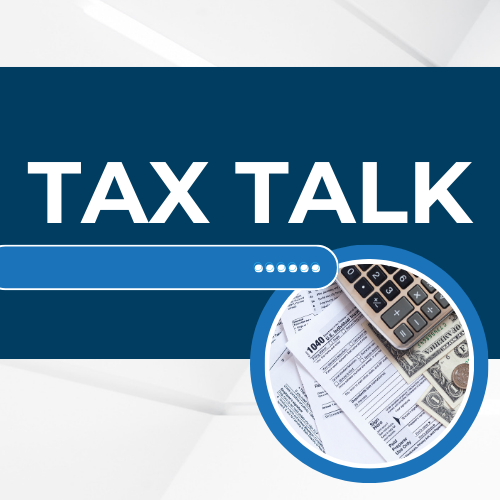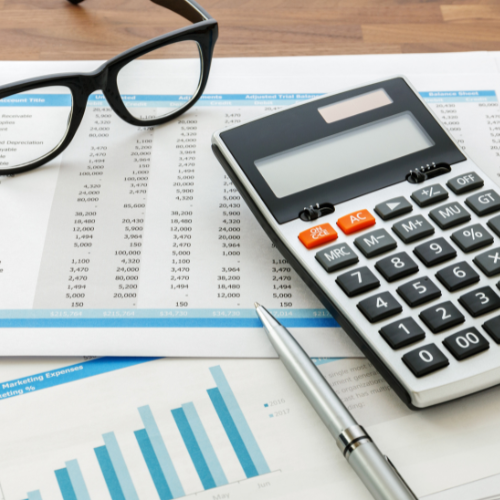Equipment: Buy or Lease?
Equipment: Buy or Lease?
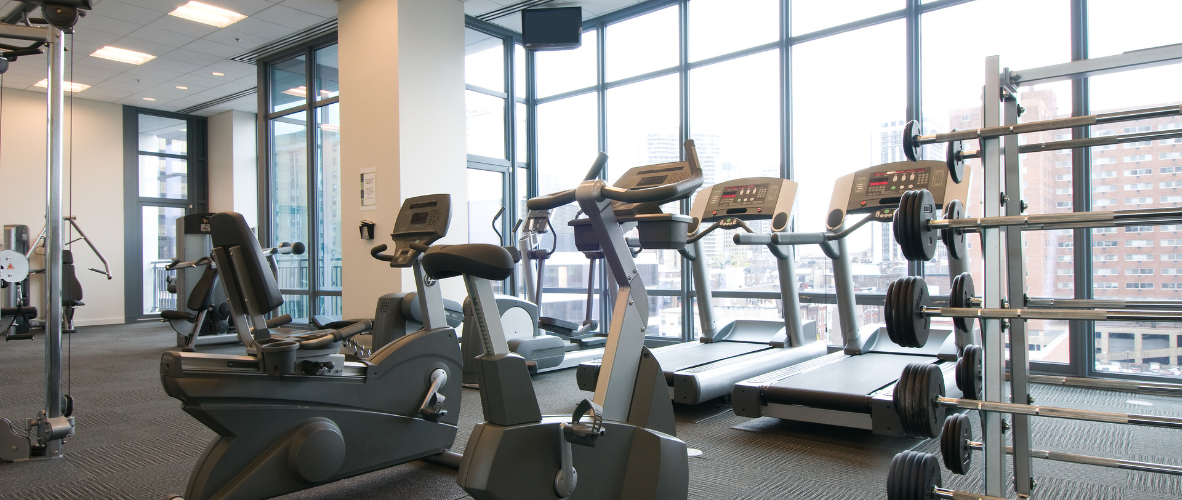
In the dynamic landscape of small businesses, decisions regarding equipment acquisition play a pivotal role in financial planning. Whether to buy or lease equipment is a crucial choice that can significantly impact a company's bottom line. Understanding the tax implications of these options is essential for informed decision-making. Let's delve into the tax benefits and consequences associated with both avenues.
Buying Equipment:
Tax Benefits:
- Depreciation Deduction: When you buy equipment, you can typically claim depreciation as a tax deduction over several years. This allows you to spread out the cost of the equipment, reducing your taxable income each year.
- Section 179 Deduction: Section 179 of the IRS tax code permits businesses to deduct the full purchase price of qualifying equipment purchased or financed during the tax year. This deduction can provide significant upfront tax savings.
- Bonus Depreciation: This allows businesses to depreciate a certain percentage of the equipment cost in the year it is placed in service. It's often used in conjunction with the Section 179 deduction to maximize tax benefits.
Consequences:
- Capital Outlay: Buying equipment requires a substantial upfront investment, which can impact cash flow and liquidity.
- Obsolete Technology: Technology evolves rapidly, and purchased equipment may become outdated sooner than anticipated, resulting in a loss of value.
Leasing Equipment:
Tax Benefits:
- Operating Expense Deduction: Lease payments are typically treated as operating expenses, allowing you to deduct the full lease payment from your taxable income each year.
- Preservation of Capital: Leasing equipment often requires little to no down payment, preserving capital for other business needs.
- Flexibility: Leasing provides flexibility to upgrade equipment more frequently, keeping your business competitive with the latest technology.
Consequences:
- Total Cost Over Time: While lease payments may be deductible, the total cost of leasing equipment over its useful life may exceed the cost of purchasing it outright.
- Long-term Commitment: Lease agreements often come with long-term commitments, and breaking these contracts prematurely can result in penalties.
Considerations for Small Businesses:
- Cash Flow: Evaluate your current and projected cash flow to determine whether a large upfront investment in purchasing equipment is feasible.
- Equipment Lifespan: Consider the anticipated lifespan of the equipment and how quickly it may become obsolete. Leasing might be more advantageous for rapidly evolving technologies.
- Tax Planning: Consult with a tax advisor to assess the specific tax implications for your business, considering factors such as depreciation, deductions, and long-term financial goals.
In conclusion, the decision to buy or lease equipment involves weighing various factors, including financial resources, tax implications, and business needs. While buying offers long-term ownership and potential tax benefits through depreciation, leasing provides flexibility and preserves capital. Small businesses must carefully evaluate these options in alignment with their strategic objectives and their tax professional to make informed decisions that support growth and profitability.
